The President of the Nigeria Labour Congress (NLC), Joe Ajaero, has sharply criticized the Minister of Power, Adebayo Adelabu, over the electricity band system and plans to migrate customers between bands, describing the policy as the “highest level of 419.”
Speaking on Channels Television’s Politics Today on Thursday, Ajaero condemned the service-based tariff system that places electricity users into bands based on the hours of power supply they receive. He described the system as discriminatory and questioned its fairness.
“Now the ministry is talking about migrating customers from Band B to Band A. That is the highest level of 419 one can think of,” Ajaero said, using the term “419,” which is a popular Nigerian slang for fraudulent practices.
The electricity band system, introduced to reflect the quality of service offered by distribution companies, categorizes users into five groups: Band A receives at least 20 hours of power daily, Band B gets 16 hours, Band C receives 12 hours, Band D gets 8 hours, and Band E has access to a minimum of 4 hours.
Ajaero expressed frustration over the lack of transparency in the criteria for assigning users to bands. “Who is in Band A, and who is in Band B? Is it based on geographical area, or is it decided by the provider? In countries targeting 24-hour power supply, why are we still talking about Band A or Band B?” he queried.
The NLC leader further criticized the Federal Government’s inclusion of financial support for private power distribution companies in the 2025 budget. “These are private companies. Why is the government funding them? The money allocated to the power sector in the budget should be redirected to other pressing public needs,” Ajaero said.
This week, Minister of Power Adebayo Adelabu, while defending the 2025 budget at the National Assembly, claimed that 90% of electricity users in Band A confirmed they were benefiting from their placement. He also announced plans to migrate more customers to Band A to increase access to longer hours of electricity.
Ajaero dismissed the minister’s claims, accusing the government of using the band system to generate revenue without addressing the structural issues in Nigeria’s power sector. He called for a more transparent and inclusive approach to power distribution that targets universal 24-hour electricity for Nigerians.
The controversy over electricity tariffs and band systems underscores the deep frustrations among Nigerians over the state of the power sector, which continues to grapple with inefficiencies and a lack of accountability.

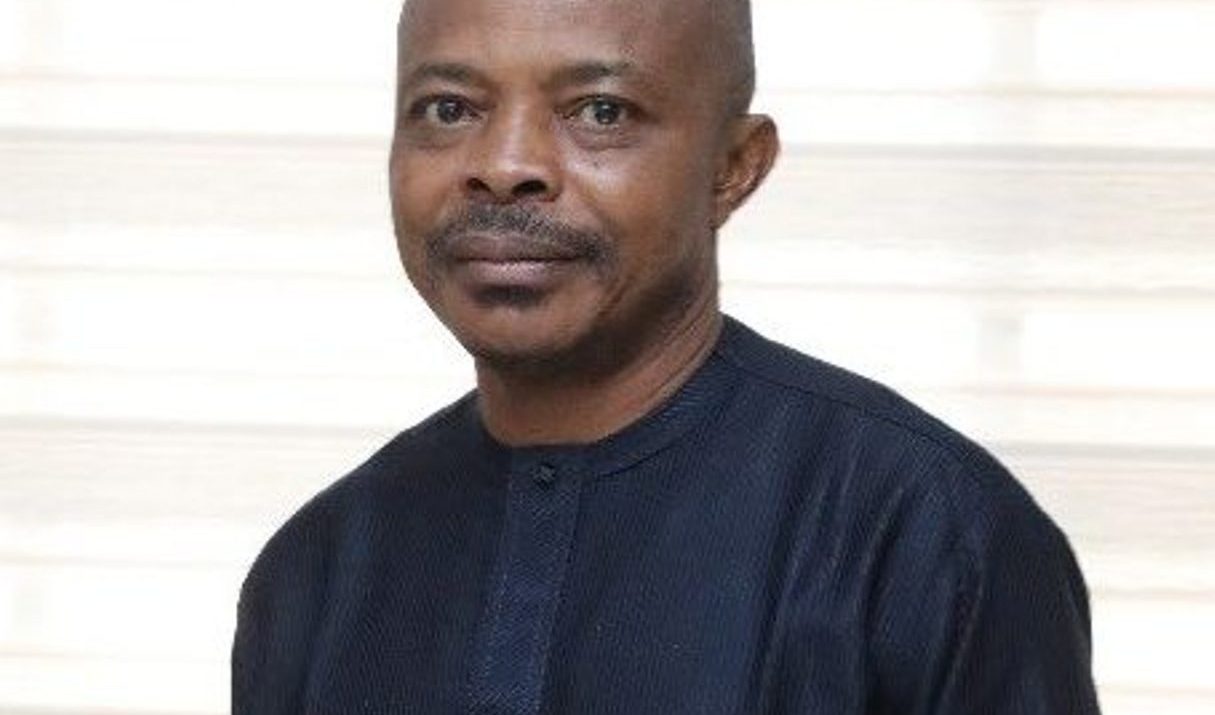
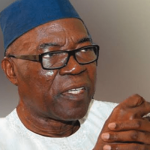
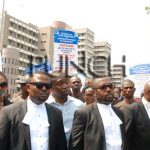
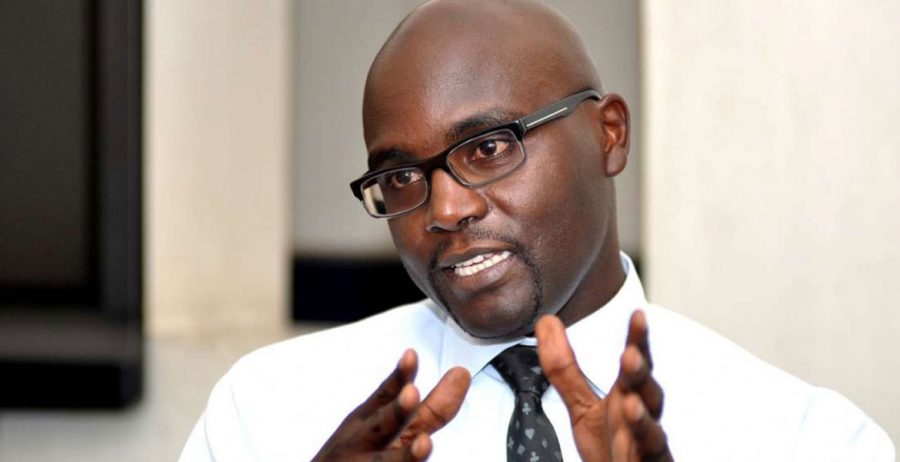

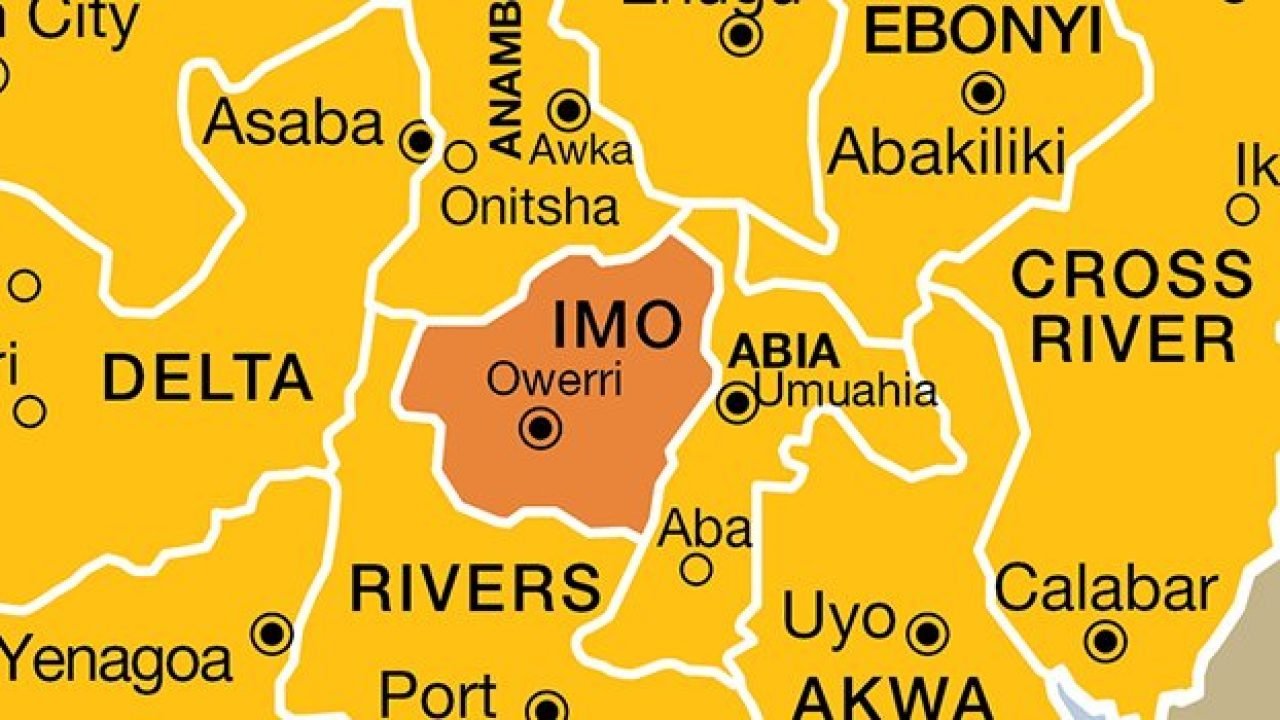
2 Comments